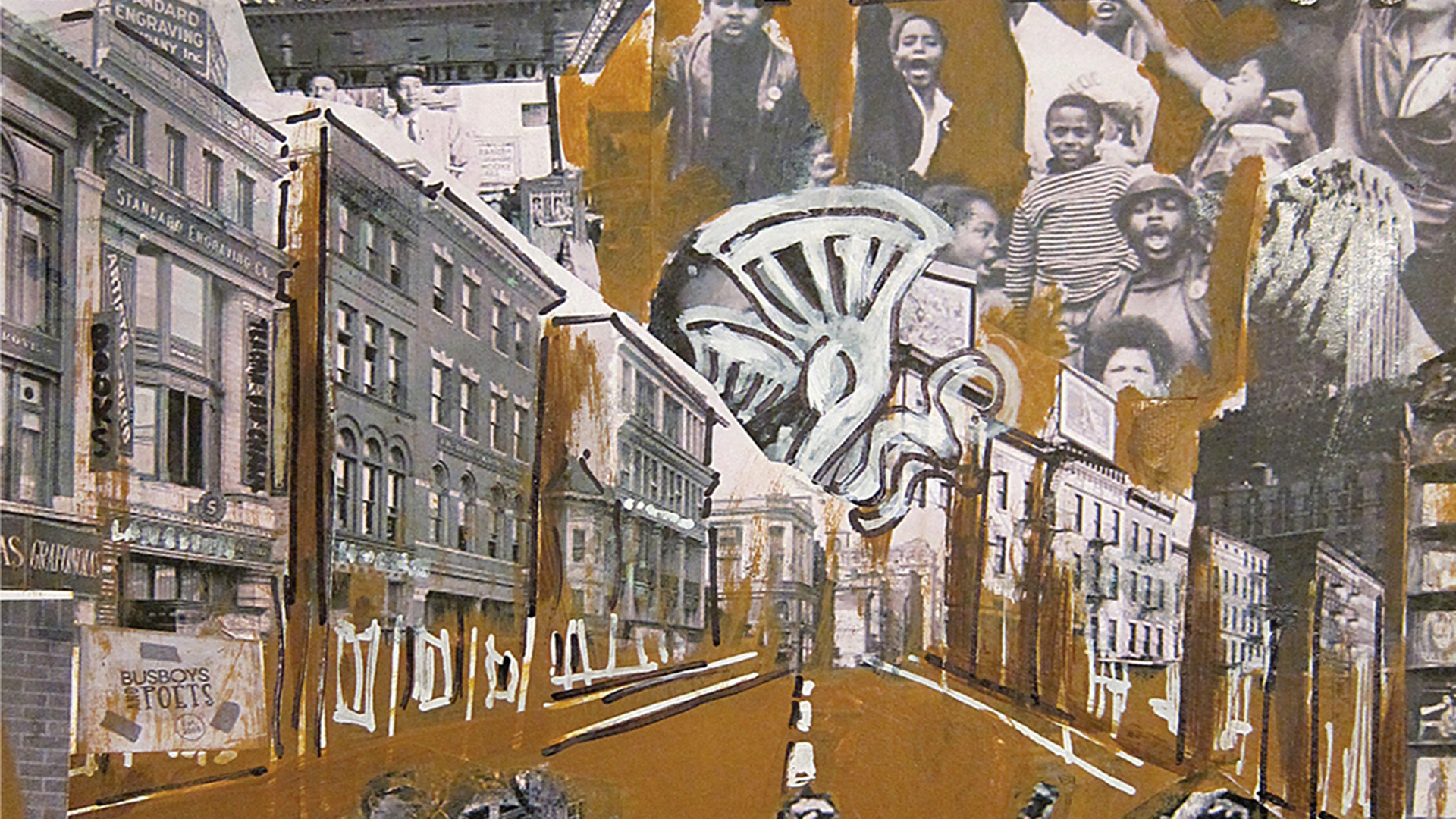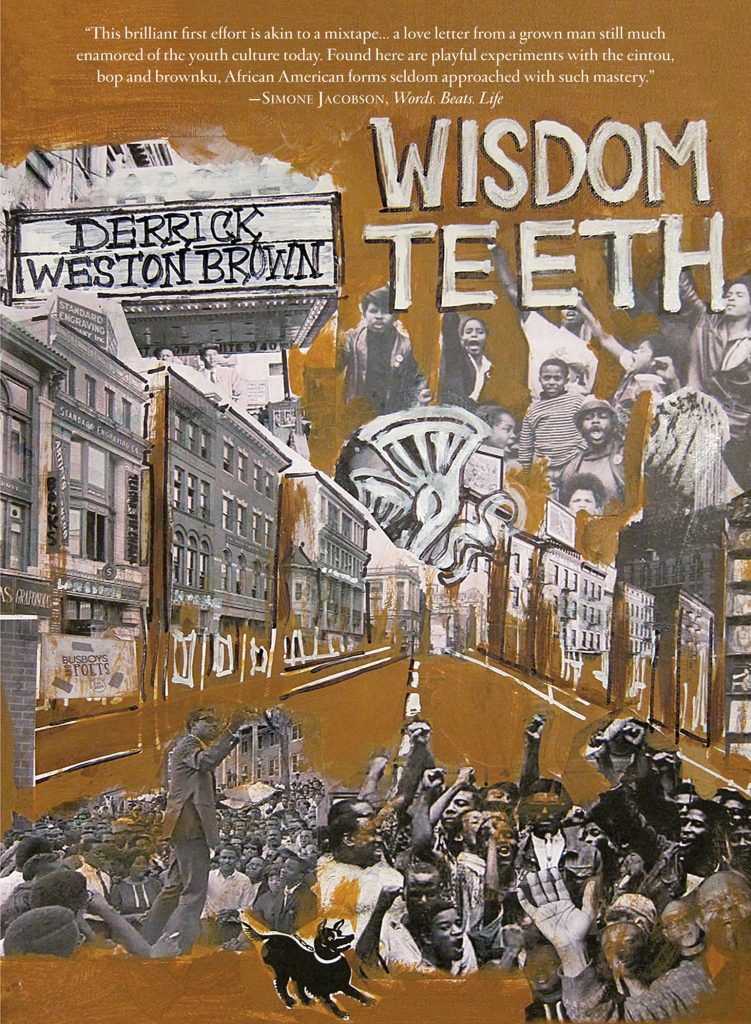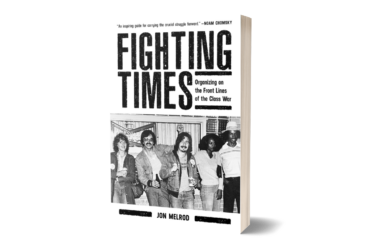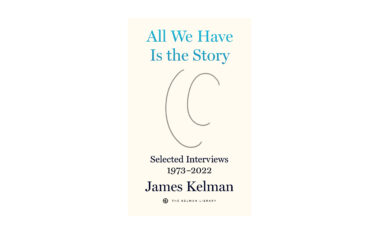by L’Oreal Thompson
The Baltimore Sun
March 20th, 2013
“Attention, attention … the mic is now open.”
It
is only fitting that Derrick Weston Brown begins his presentation at
local high schools with an original poem beckoning “all poets and lovers
of the word.”
“Poetry is for everybody,” Brown, 36, tells the
students at Mt. Hebron High School in Ellicott City. “Everyone is born a
poet, but society takes that away.”
As the writer-in-residence
for the Howard County Poetry and Literature Society (HoCoPoLitSo),
Brown’s goal is to nurture young poets in the area. During his recent
visit to Mt. Hebron, the Charlotte, N.C., native read some of his
poetry, then encouraged students to interpret the work.
For
example, there’s “Forgiveness Poem,” about a young girl who was bullied
because of her dark skin; “Till’s Skin,” which was inspired by Brown’s
own experience with an interracial relationship and derived its title
from Emmett Till, a young black man who was murdered for allegedly
flirting with a white woman in 1955; and “Hourglass Flow,” about
breaking out of writer’s block. At the end, Brown asks the students if
they’d like to share some of their own poetry.
“I want [the
students] to go away with a different sense of what poetry is,” he says.
“It’s contemporary. It’s reachable. It’s not exclusive to academics and
old stuffy professors.”
Brown discovered poetry in middle
school, but it wasn’t love at first sight as he compared it to an “old,
decrepit building that you don’t want to go into.” Later, he was
introduced to the works of Shel Silverstein, a famed American poet and
author of children’s books, and the rest is literary history.
“Poetry gives us many ways in which to tell a story or to document particular moments,” he explains.
Brown,
who has a Master of Fine Arts degree in creative writing from American
University and also is a graduate of Cave Canem, a summer workshop for
black poets and writers, published his first poetry collection, “Wisdom
Teeth,” in April 2011. His work has also appeared in literary journals
such as “The Columbia Poetry Review,” “The Little Patuxent Review” and
Howard University’s “Amistad.”
“I’ve always enjoyed reading. Both
my aunts were librarians, and both of my grandmothers were elementary
school teachers, so books were always available,” he says. “I’ve always
had an active imagination, so writing naturally followed. I love a good
story.”
Brown, who currently lives in Mount Rainier, Md., also is
a creative writing instructor at Emerson College Preparatory School in
Washington, D.C., and the publications advocate for Teaching for Change,
a nonprofit organization for social justice based in D.C. As such,
Brown works at Teaching for Change’s Busboys and Poets Bookstore, where
he served as the store’s first poet-in-residence and founded the monthly
poetry series, “The Nine on the Ninth.”
HoCoPoLitSo was founded
in 1974 to bring the best writers in the country and the world to Howard
County, according to Tara Hart, co-chair of the board of directors.
Each year, the HoCoPoLitSo board of directors selects a
writer-in-residence. The program is designed to expose local high school
students to fine arts through poetry and literature.
“We’d had
several women in a row, and we were hoping to find someone who would
appeal to young men,” says Hart. “We also admire Busboys and Poets and
admire them for sharing our mission, for celebrating poetry and really
making a place for it.”
Previous writers-in-residence include
Lucille Clifton, a former poet laureate of Maryland; Grace Cavalieri, an
essayist, novelist and professor; and Truth Thomas, a poet, singer and
songwriter.
“We are all, without exception, people who love
literature, and some of us are teachers,” explains Hart. “We’re always
keeping our eye on local writers who are of distinction. We want a rich
and diverse mixture of writers so students see different ages, genders
and backgrounds.”
For aspiring poets, Brown suggests they “read,
read and then read some more.” He encourages them to read other poets,
as well as a “little bit of everything,” such as books, newspapers,
magazines and even comic books.
“If you enjoy reading, that will feed your poems,” he says. “It’s about what’s going on in your world.”






